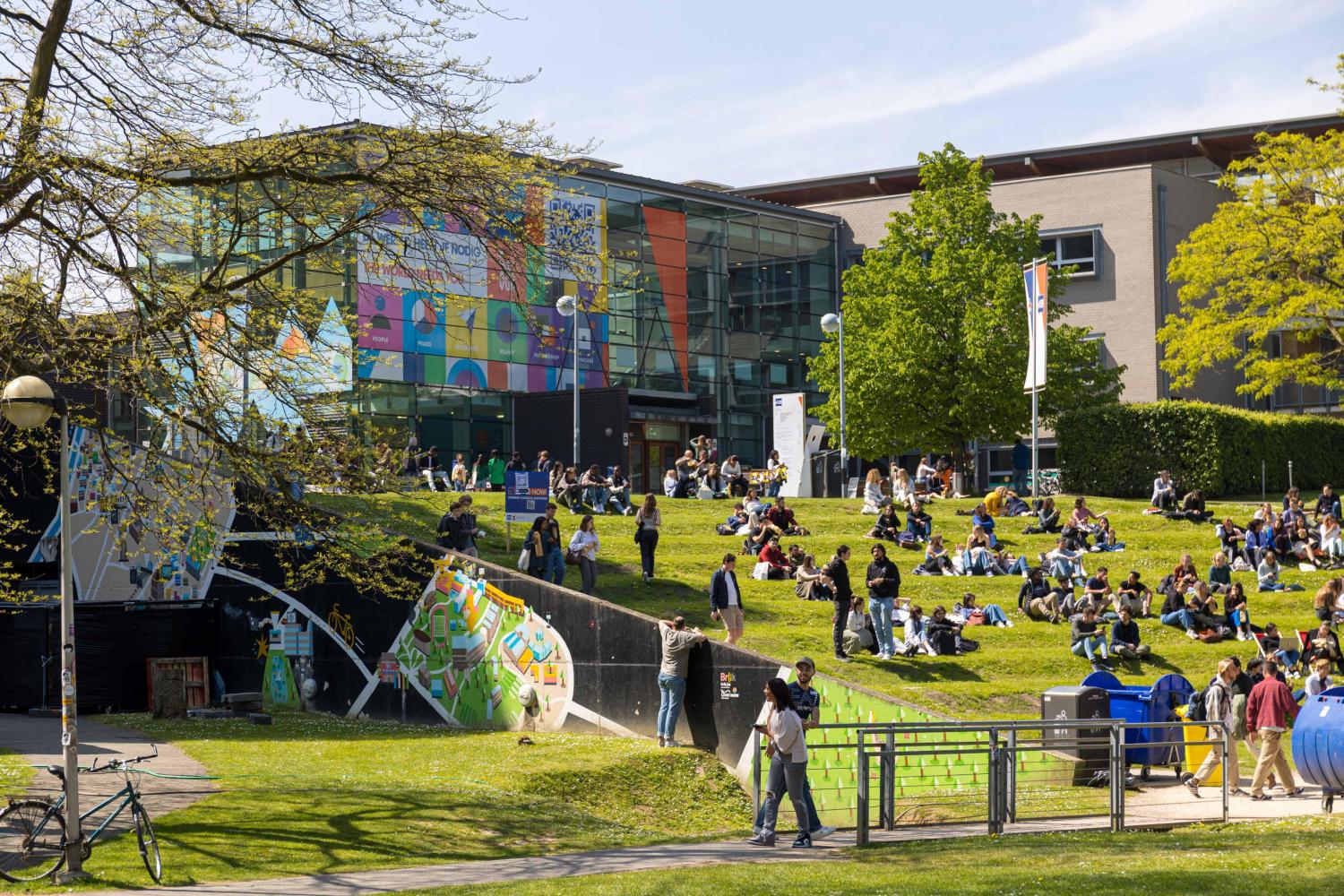
Educational quality of the programme
At VUB and Ghent University, we strive to educate people who dare to think about the challenges of tomorrow. For that purpose, we provide education that is embedded with six strategic objectives: Think Broadly, Keep Researching, Cultivate Talent, Contribute, Extend Horizons, Opt for Quality.
VUB and Ghent University continuously focus on quality assurance and quality culture. Our quality assurance systems offer information on each study programme’s unique selling points, and on its strengths and weaknesses with regard to quality assurance.
Our strenghts
- Motivated and engaged lecturers: our highly-qualified, internationally oriented staff specialised in various disciplines related to physical land resources, ensures that both teaching and research closely reflect topical issues in the Global North and South. Lecturers are internationally renowned experts in their disciplines. According to a recent audit, few programmes succeed so well in guiding their students to a master’s thesis;
- Readily accessible staff: our programme promotes an open-door policy and open one-to-one communication between teaching staff and students. Students are thus not numbers but individual members of the ‘physical land resources’ family, which they highly value. In a recent audit, the open culture and involvement of our students was highly valued;
- Fair evaluation and examination policy: our programme employs a wide variety of evaluation and examination methods. The evaluations are valid, reliable and transparent. Students highly appreciate the clear communication about the examination forms and content so that they can prepare themselves optimally for the exams. Due attention is given to feedback and feedforward;
- Highly valued didactic approach: apart from theoretical and practical knowledge, our programme offers several skills inherently tied to a Master of Science, such as the ability to identify problems, formulate hypotheses, test these through experiments of proper design, and report results and findings to peers and a more general public. Another, very important asset is the ability to think analytically and synthetically, while still being creative – all part of a problem-solving mentality. Students gain all the knowledge and skills needed to build a successful career as well-qualified professional;
- Very active alumni policy: through the extensive alumni network that has been built and maintained for over fifty years, the programme is able to adjust and modify its content and learning outcomes according to the demands of the professional field. Alumni are involved in the programme as co-supervisors of master dissertations and give guest lectures.
Who do we measure the quality of our programmes for?
In the course of the academic career there are regular opportunities for VUB students to give their unvarnished opinions of their education. Our professors and assistants give their view of how the professional field is evolving, and we adjust our programmes accordingly. We also survey former students and Belgian and foreign universities for their views on developments in the field.
Quality Control Cycle

Opportunities for development
- Increase the focus on needs and interests of European students: though the programme focuses on both students from the Global North and South, a recent audit suggested to better target European students;
- In the course of 2021, we made changes to the programme, giving more attention to mineral resources, geophysics, and environmental programming and modelling;
- Study load: about half of the students perceive the study load of the first master year as heavy, though they also consider it worth the credits. We realise that we offer an intensive programme, but in the end, most students and alumni do appreciate this. The number of assignments given by the lecturers in different course units is now monitored so that students can better plan their work in the first master year;
- Structured and proactive evaluation policy: though students are very positive about the way they are evaluated, the programme is participating in a pilot study supported by the Faculty Office of Educational Support and by Ghent University's central Department of Education on how to further improve the evaluation policy.
Want to know more about educational quality at VUB?